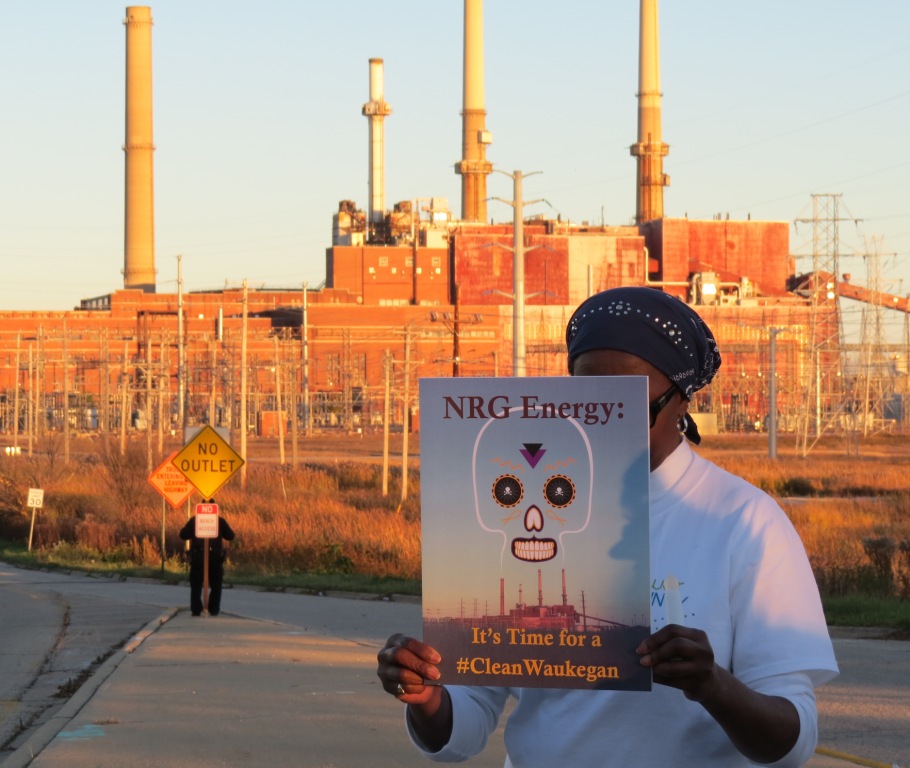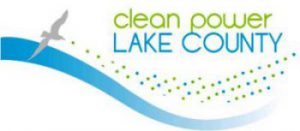
The U.S. Environmental Protection Agency (EPA) recently proposed changes to coal combustion residuals (CCR) regulations that would extend federal monitoring, closure, and cleanup protections to hundreds of older landfills, legacy ponds, and fill sites. The draft rule is a big leap forward—but it does not ensure that polluters clean up all toxic coal ash, without exceptions.
We have a historic opportunity to confront our nation’s quiet catastrophe. Will you join us in demanding a strong federal rule at the public hearing in downtown Chicago on June 28?
EPA’s proposed rules do not include all coal ash ponds and landfills located in floodplains; all coal ash ponds and landfills located on unstable ground and wetlands; coal ash ponds that did not have water in them when the original rule went into effect (October 2015) or after; all inactive landfills at former coal plant sites; or coal ash used as construction fill at playgrounds, schools, and throughout neighborhoods.
It is critical that we speak out! Of the estimated 566 landfills and ponds at 242 coal plants in 40 states excluded from the original rule, the vast majority are contaminating drinking water, rivers, streams, and Great Lakes and endangering lives across the country, according to Earthjustice. The people of Waukegan, North Chicago, Beach Park, and Zion have the right to hold EPA accountable for enacting the strongest protection possible.
No. 1 way to help
Please sign up for the public hearing in downtown Chicago on June 28—either to provide comments or to attend without providing comments. This will be the only in-person EPA public hearing in the country on the proposed federal coal ash rule.
Other ways to help
- Sign a petition to EPA today. Urge U.S. EPA Administrator Michael Regan to clean up all coal ash nationwide.
- Attend a community meeting on coal ash. EPA will host a public meeting in downtown Waukegan on June 27. Officials will talk about coal ash and resources available to the community. Community members also will have an opportunity to speak.
- Register for the virtual EPA public hearing. The virtual hearing on CCR rules will take place on July 12.
- Submit written comments to EPA. Comments are due to the EPA on or before July 17.
Why this matters
When coal is burned to produce electricity, a toxic waste known as coal ash is left behind. Coal ash is filled with hazardous metals and toxic pollutants such as arsenic, lithium, lead, and other carcinogens and neurotoxins. Coal ash poisons our water, sickens our bodies, and kills fish and wildlife.
U.S. coal-fired power plants continue to generate more than 70 million tons of coal ash waste each year, making it one of our nation’s largest toxic industrial waste streams, according to Poisonous Coverup, an Environmental Integrity Project/Earthjustice report. Often, coal ash is stored in unlined pits or “ponds,” which may hold tens of millions of tons of dangerous waste. These pits leak toxic waste into underlying groundwater and nearby surface waters.
The coal plant on Waukegan’s lakefront stopped burning coal in 2022, but it has three legacy CCR impoundments. It is just one of many toxic sites located in disproportionately low-income communities and communities of color.

